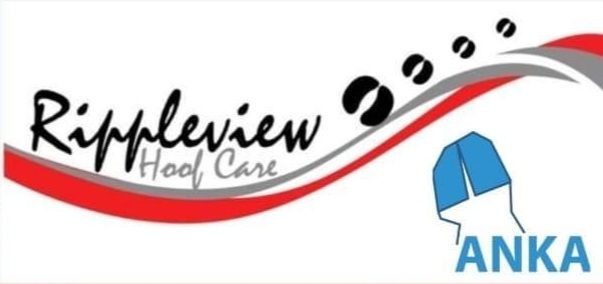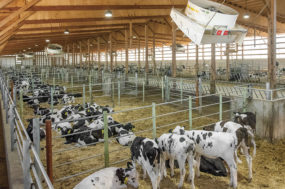It’s no news the organic industry is growing. With organic milk sales increasing each year, a new wave of dairy producers are seeking safe, sustainable and organic-approved solutions. With this growth also comes great responsibility for both organic dairies and their suppliers.
Together, they must choose milk quality and animal health solutions both approved for organic use and right for their operation. Finding a product that can be used on an organic dairy may seem daunting, but there are a few key factors a producer can consider to ensure they’ve found the best solutions for their unique operation and goals.
1. Find a reputable supplier
A dairy should take a close look at the supplier when deciding on appropriate solutions for the farm. Does their manufacturer follow good manufacturing practices? Are their products EPA- or FDA-approved?
Do they use food-grade materials? Are their surfactants and other ingredients sustainable and NPE-free? It’s also important to know how the products are tested. What research is done to test the efficacy of the products? Are lab and field trials done?
Asking these questions can help guide you toward a supplier that will not only meet your needs as an organic dairy but also provide safe, sustainable solutions that work.
2. Make sure the products align with your milk quality and animal health goals
Products used on the farm should support overall goals for herd health and milk quality. With management styles and goals differing so greatly from farm to farm, there is no “one-size-fits-all” for products to be used on a dairy.
Prior to selection of hygiene solutions, the dairy’s supplier should analyze the current status of the cleaning-in-place system with a wash-up. This includes testing for water hardness, presence of bacteria and other factors that may alter the chemical efficacy.
Water temperature, capacity of the water heater and water tank, chemical concentrations, length of each cycle, slugging action and overall cleanliness of milk contact surfaces should be evaluated.
During this process, it is essential for the producer to share information about their operation, such as milking frequency, details of the milking process/routine, current bacteria counts, mastitis rate and overall herd health. This will help the supplier determine the unique needs of the dairy and select the products that will fit best.
3. Seek certifier approval
As always, an organic dairy must seek final approval from their certifier to use a product. The supplier should provide a list of products they’d recommend to the dairy. The certifier will review the recommendations and advise the producer on which products can be approved for organic use. This is a critical step even if the products are OMRI-listed.
The Organic Materials Review Institute (OMRI) is an international nonprofit organization that determines which input products are allowed for use in organic production and processing. Once the certifier approves the product, it is added to the database as OMRI-listed, and the product label can be marked with the OMRI seal.
The full list of OMRI-listed products can be found on the OMRI website and serves as a starting point for producers looking for the right solutions for their organic dairies. ![]()
Gayle Wint is a marketing specialist, milk quality and animal health for the North America market area with DeLaval Inc.





